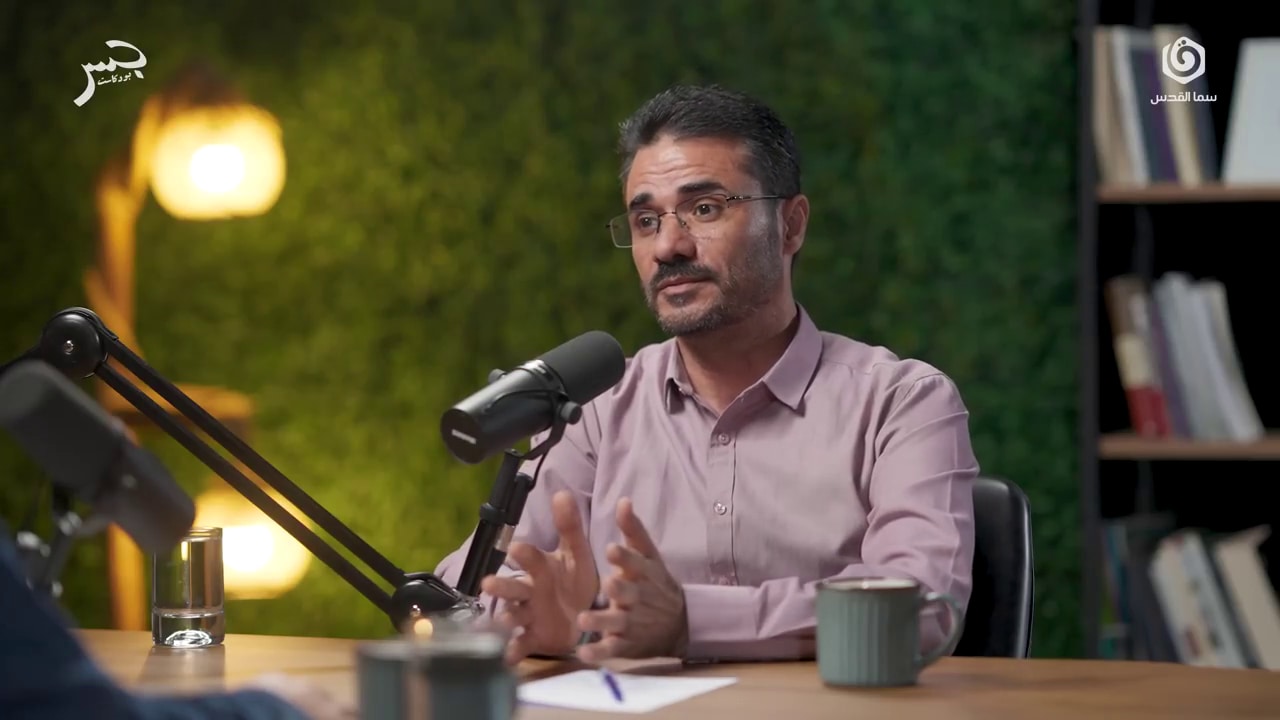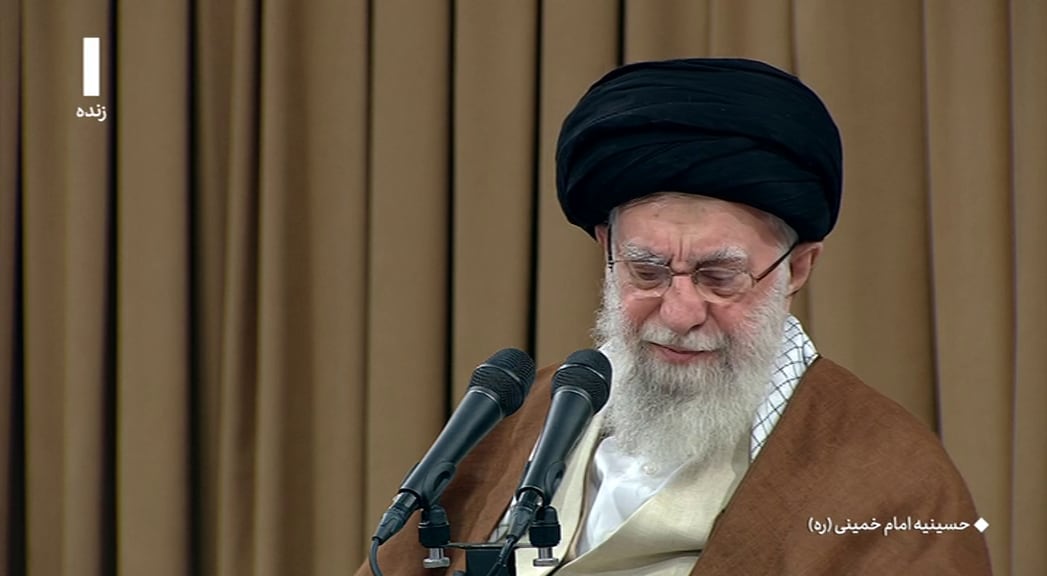
In an interview that was uploaded to the Lebanon On website on February 17, 2022, former Lebanese Foreign Minister Gebran Bassil discussed the demarcation of the maritime border between Israel and Lebanon. Bassil said that if a maritime border agreement that preserves Lebanon's rights is reached with Israel, Lebanon will be able to start extracting oil and gas to benefit the Lebanese economy. He explained that this would be beneficial even if Lebanon has to share the oil and gas fields with Israel, and he said that the exact dimensions of the maritime borders are not as important as access to and ownership of the resources. Bassil qualified that only the president, parliament, and government can make such a decision.
Gebran Bassil: "The Lebanese should know that this is about natural resources - oil and gas. It is not about the length and width of the waters [we would control]. We are not talking about Lebanese land. A maritime border is not like a land border, where we will never give up a single grain of soil. It's just water. If there is oil and gas underwater, it is valuable, and if there is no oil or gas, then the water has no value.





"Therefore, since 2013 when I was Minister of Energy and Water, and I met with Amos Hochstein, the [American] envoy who was sent here, I suggested as a solution that we should take both matters into consideration. This is not just about the demarcation of a line above the water - it is also about what is found underwater. Everything should be considered with this in mind, and what belongs to us and what could become shared fields, like all the countries of the world divide [such oil and gas fields].





"We went to discuss this with Cyprus back then, in an attempt to resolve all our border problems, because sovereignty is not the main thing here. Sovereignty applies only to territorial waters, but when it comes to the Exclusive Economic Zone, the issue of sovereignty becomes irrelevant, and the natural resources become the issue at hand. It is an economic issue.




"When Lebanon reaches a solution, it must consider two things: its rights, which obviously, it must not relinquish, and when we negotiate these rights, we must rely on international law, and this is what we have been doing. To this day, nobody has given up anything. On the contrary, every time we have demanded more. The second and more important thing is that we need to think about how we can start working to extract oil and gas.
"When I became minister in 2010, I read the law, issued decrees, and did all the work, but then we sat idly by for 10 years. We have extracted no gas, but Israel has. We need to find a solution that will enable us to extract oil and gas, without giving up on our rights. We should not just sit idly by and cause problems and conflicts.



"I support causing problems and conflicts, and making threats if our rights are infringed upon, but if we reach a point where we get our rights, we should look for a way to start working.



[...]
"The financial value of natural gas will not remain high forever, because the world is moving towards renewable energy sources. Therefore, its price will go down, especially considering that our water is deep. We can sit and wait for 50 years, and I support this if we do not get our rights... This does not stop us from working in other blocs, keep that in mind.

"We will not let Israel attack us in order to prevent us from working [in other blocs]. We, too, will prevent Israel from working. But when we arrive a point where we get what is ours, we should start thinking practically how to extract the oil and the gas, because if we take no action, its price will go down."


Interviewer: "But there is one point that needs clarification. We are talking about dividing the [gas] fields, not about demarcation of borders..."

Bassil: "No about both, You cannot do one without the other."

Interviewer: "Some people say..."
Bassil: "They complement one another. You need to know the [where] the line is in order to be able to divide [the field]. By dividing [the field], we will be compensated, and vice versa."
Interviewer: "In what way?"
Bassil: "You are compensated by getting your share of the joint field. What is ours will be ours, and what is theirs will be theirs."
[...]
Interviewer: "So the Qana gas field will not be entirely ours?"
Bassil: ""It may be entirely ours or we will get a part of it, in a way that enables us to get the lion's share of it. This is one detail. You cannot look at it on its own. You should also look at the other areas, what we get and what we do not get there. In my opinion, we should not sign an agreement only about the Qana gas field. We should not limit ourselves to Line 23.
"We should focus on the entire story - what we gain and what we lose. Then we can consider it. In return, the other side can also consider it. In any agreement, you win some and you lose some. In order to reach an agreement, both sides need to feel that they are gaining something. We demarcated Line 23, and Israel came and demarcated Line 1, then the Americans came and drew the Hoff Line in the middle, and we said: No, we want more than the Hoff Line.
"So we demarcated Line 29 in order to get a larger share. Right? This is what happened. I support getting as much as we can, but we want to get to a point where we say: Okay. Where is the point that we can accept? This is not a question that I should answer. For this, there is a president, a prime minister, a parliament, we need a minimum of national agreement on this issue.
"I do not want to say we need a consensus, but minimal national agreement is required."


















